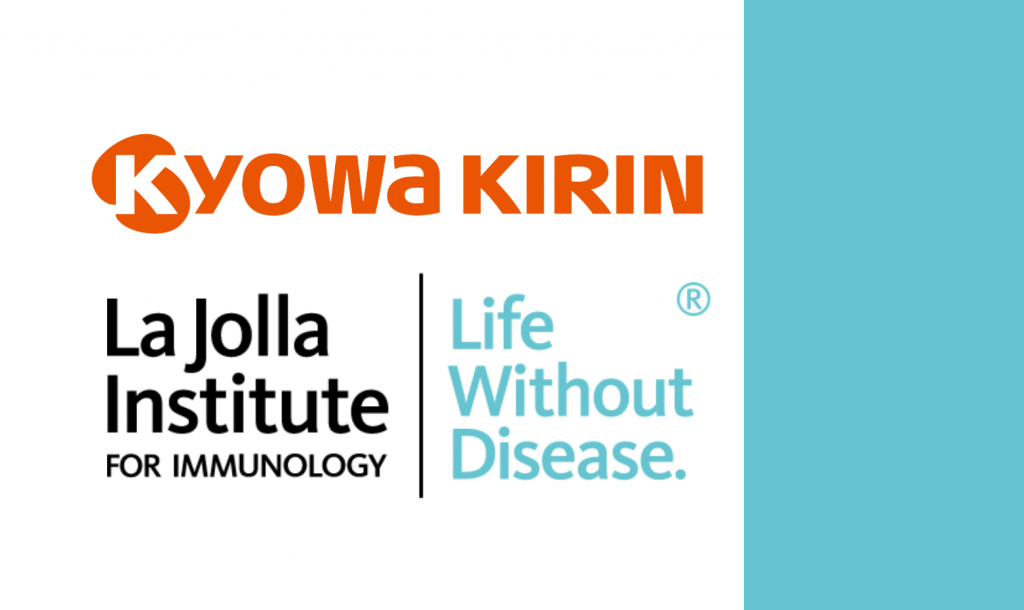Team: Sakthi Rajendran, Estefania Quesada-Masachs, Christine Bender
Type 1 diabetes (T1D) is an autoimmune disease caused by the destruction of insulin-producing β cells by the immune system. However, the process of disease development is complex and still unknown. Networks of cytokines are important modulators of immune cells and have been suggested to play a role in the autoimmune destruction process in T1D. Particularly pro-inflammatory cytokines such as type I (IFN-α) and II interferons (IFN-y), and TNF-α are thought to be involved in the process of immune cell attraction towards pancreatic islets. So far, only limited data on the interactions between these cytokines, immune cells, and endocrine cells are available in the human pancreas. Therefore, a detailed understanding of the molecular pathways and cellular interactions that result in β cell destruction is essential for the development and implementation of effective therapies for the prevention or reversal of T1D.
The main focus of our research is to delineate the cytokine milieu in the pancreatic tissue sections of donors with type 1 diabetes (T1D) by immunofluorescence imaging. The information obtainable by traditional immunofluorescence staining of individual pancreatic tissue sections is limited. This is because it relies on detecting up to four targets in a single experiment. Thus, we will use a multiplex immunofluorescence staining technique that includes several staining cycles using the same tissue section. This approach will help to identify patterns in the distribution of different immune cells, cytokines and other inflammatory molecules, in the same section.
This study will allow us to identify the cytokine signature within the pancreas, and establish a correlation between different immune cells, these cytokines and other markers as MHC-I expression, a known hallmark in early T1D. In order to support the histology data, we will also perform functional studies in live islet cultures or organoids to monitor the changes in cytokine secretion upon metabolic and immune stress. By clearly obtaining a snapshot of changes in cytokine secretion in the islets during the pre-diabetic and diabetic stages, our final aim is to identify new immune-mediated interventions for treating T1D.




